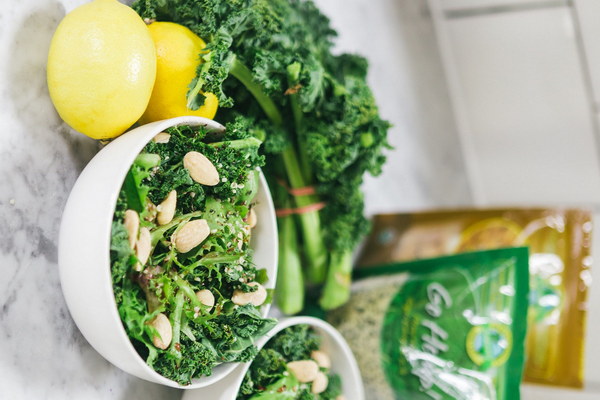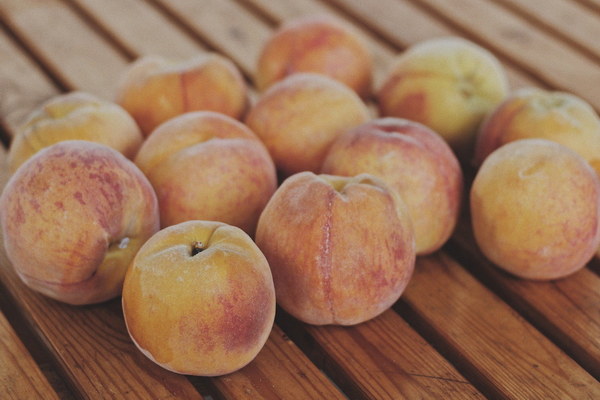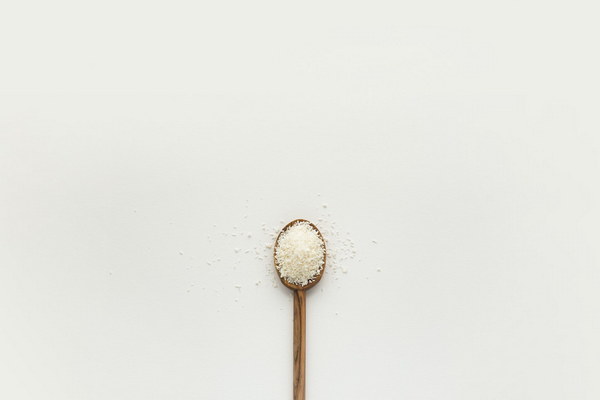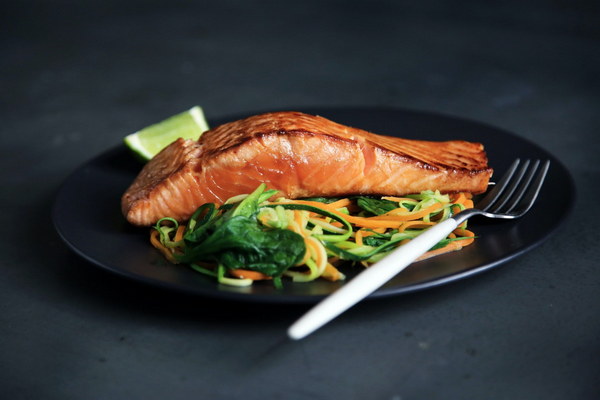Optimal Health Practices for Lung Nodule Management in Autumn
Autumn, with its crisp air and vibrant foliage, brings a sense of change and renewal. For individuals with lung nodules, this season can pose unique challenges. Managing lung nodules during autumn requires a comprehensive approach to lifestyle and wellness. Here’s a guide to optimizing your health practices for lung nodule management in autumn.
Understanding Lung Nodules
Firstly, it’s important to understand that a lung nodule is a small, round mass of tissue in the lung that is not cancerous. While most lung nodules are benign, it is crucial to monitor them regularly to rule out any malignancies.
1. Maintain a Healthy Diet
A balanced diet rich in fruits, vegetables, whole grains, lean proteins, and healthy fats can strengthen your immune system and support overall lung health. During autumn, consider the following dietary adjustments:
- Fruits and Vegetables: Incorporate a variety of seasonal produce like apples, pears, pumpkin, and sweet potatoes, which are high in vitamins A and C, antioxidants, and fiber.
- Whole Grains: Opt for whole grains such as quinoa, brown rice, and whole-wheat bread to provide sustained energy and fiber.
- Lean Proteins: Choose lean proteins like fish, poultry, and legumes to support immune function and tissue repair.
- Healthy Fats: Include sources of healthy fats such as avocados, nuts, and olive oil to help reduce inflammation.

2. Stay Hydrated
Autumn can be quite dry, which can exacerbate respiratory issues. Ensure you drink plenty of fluids throughout the day, such as water, herbal teas, or warm broths, to keep your respiratory tract moist.
3. Exercise Regularly
Regular physical activity can improve lung function and boost your immune system. Engage in activities like walking, swimming, or yoga, which are gentle on the body yet effective in maintaining cardiovascular health. However, always consult with your healthcare provider before starting any new exercise regimen.
4. Manage Allergies and Pollution
Autumn allergies and increased pollution can irritate the lungs. To minimize exposure:
- Stay Informed: Keep track of pollen counts and pollution levels in your area to plan outdoor activities accordingly.
- Use Air Purifiers: Invest in a high-quality air purifier to improve indoor air quality, especially if you spend a lot of time indoors.
- Protect Yourself: When going outside during high-pollution days or when pollen counts are high, wear a mask and try to stay indoors as much as possible.
5. Practice Breathing Exercises
Deep breathing exercises can help improve lung capacity and reduce stress. Consider the following practices:
- Pursed Lip Breathing: This technique helps to slow down your breathing and increase oxygen intake.
- Diaphragmatic Breathing: Focus on using your diaphragm to breathe deeply, which can help relax the muscles around your lungs.
6. Monitor Your Condition
Regular check-ups with your healthcare provider are essential. Keep a journal of your symptoms and any changes in your lung nodule size or health. Promptly report any new or worsening symptoms.
7. Manage Stress
Stress can weaken the immune system and exacerbate respiratory conditions. Find ways to manage stress, such as meditation, deep breathing exercises, or engaging in hobbies you enjoy.
In conclusion, managing lung nodules during autumn involves a holistic approach to lifestyle and wellness. By maintaining a healthy diet, staying hydrated, exercising regularly, managing allergies and pollution, practicing breathing exercises, monitoring your condition, and managing stress, you can support your lung health and enjoy the autumn season to the fullest. Remember, always consult with your healthcare provider for personalized advice and treatment options.









